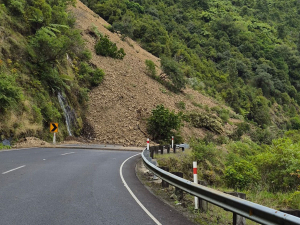A landmark report reveals that without crop protection products, New Zealand’s economy would lose $7.5 to $11.4 billion.
The report covers horticulture, vegetables, forestry, pasture and field crops.
The NZ Institute of Economic Development recently released the report, ‘The Importance of Crop Protection Products for The New Zealand Economy’, showing that, on average, crops would lose 30% of their value without these products.
The horticultural sector alone would lose 75% of the value of its crops, resulting in a $4b loss to the industry and the economy. This would severely affect our growers, who wouldn’t be able to grow commercial quantities of crops without these products. Yields would be much lower and the economic impact substantial.
Not only does the crop protection industry have an important part to play in supporting the economy, it is also vital for producing safe food and protecting crops from damaging pests and disease. It develops tools to manage biosecurity incursions which damage our native species and crops.
A severely reduced kiwifruit production would have resulted from the 2010 PSA outbreak. The use of these products was a vital part of managing the deadly bacteria which could kill a kiwifruit vine if left unmanaged.
On the plus side, even a small increase in horticultural productivity has a ripple effect in boosting the economy. Innovation can have a substantial effect on productivity, with a small increase being worth $10m to $100m.
The industry ensures a continuing variety of new pest control products on offer solutions to growers and farmers.
Agrichemicals that are more environmentally friendly, more effective and more targeted allow farmers to better kill target pests while protecting human health and allowing beneficial flora and fauna to prosper. This is reflected in the importance of the regulatory regime which approves these products for use.
The report highlights that delays in this process mean that newer, softer and more environmentally friendly chemistries take longer to get to market. It says that a one-year delay means a loss of $7m to $70m to the GDP over 10 years.
The crop protection industry in NZ is small. In fact, its contribution to the GDP is less than 1%, but it has far-reaching effects. Without these products, NZ’s growers would not be able to grow enough crops. The impact of this would affect more than just the economy.
The report can be found on the Agcarm website www.agcarm.co.nz
• Mark Ross is chief executive of Agcarm, the industry association for makers and distributors of crop protection and animal health products.











